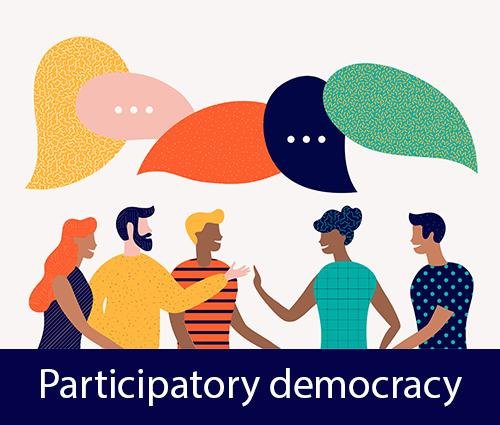Role of Sports in promoting social
The Role of Sports in promoting social change and community development.
Sports have long been recognized as a powerful tool for promoting social change and community development.

Whether it is through creating opportunities for youth, promoting healthy lifestyles, or fostering social connections, sports have the potential to bring people together, break down barriers, and create positive change in communities around the world.
In this article, we will explore how sports can promote social change and community development and the challenges that we must overcome to achieve these goals.
Creating opportunities for youth
One of the most significant ways in which sports can promote social change and community development is by creating opportunities for youth.
By providing access to sports programs and facilities, children, and teenagers can develop physical skills, build self-esteem, and learn important values such as teamwork and sportsmanship.
This can be particularly important for youth from disadvantaged backgrounds, who may not have access to other forms of organized activities.
In addition to providing physical benefits, sports programs for youth can also promote positive social outcomes.
Youth sports programs can create safe environments where youth form positive relationships. Learn conflict resolution skills, and develop a sense of belonging within their communities.
Promoting healthy lifestyles
Another important way in which sports can promote social change and community development is by promoting healthy lifestyles. By encouraging physical activity and healthy habits, sports can help to prevent chronic diseases and improve overall health outcomes.
This is especially crucial in communities with limited access to healthcare and other health resources.
In addition to physical health benefits, sports can also promote mental health and well-being. Participation in sports has been shown to reduce stress, anxiety, and depression while improving self-esteem and confidence.
By promoting healthy lifestyles and positive mental health outcomes, sports can contribute to overall community well-being and quality of life.
Fostering social connections
Sports can also promote social change and community development by fostering social connections. Through sports, people from different backgrounds can come together, build relationships, and form connections based on shared interests and values.
This can be particularly important in diverse communities, where sports can serve as a tool for bridging cultural and linguistic barriers.
In addition, sports can promote social connections by creating opportunities for community engagement and volunteerism. For example, sports organizations may organize events or competitions that bring people together and foster a sense of community pride and engagement.
Challenges to promoting social change and community development through sports
While sports have the potential to promote social change and community development. One of the most significant challenges is the lack of access to sports programs and facilities in many communities.
In low-income neighborhoods and rural areas, limited access to sports programs and facilities creates participation barriers.
Another challenge is the lack of diversity and inclusion in many sports organizations. Women, people of color, and individuals from LGBTQ+ communities may face barriers or discrimination within sports organizations. Limiting their opportunities to benefit from the social and community-building aspects of sports.
Finally, promoting social change and community development through sports requires greater collaboration among sports organizations, community groups, and government agencies.
This may require the development of new partnerships and the allocation of resources to support sports programs and initiatives.
Conclusion
Sports can promote social change and community development by creating opportunities for youth, encouraging healthy lifestyles, and fostering social connections.
However, challenges must be overcome, including limited access to sports programs and facilities. Lack of diversity and inclusion within sports organizations, and the need for greater collaboration among stakeholders.
By addressing these challenges and working together to promote the positive aspects of sports. We can create more inclusive, healthy, and connected communities around the world. 온라인카지노사이트




